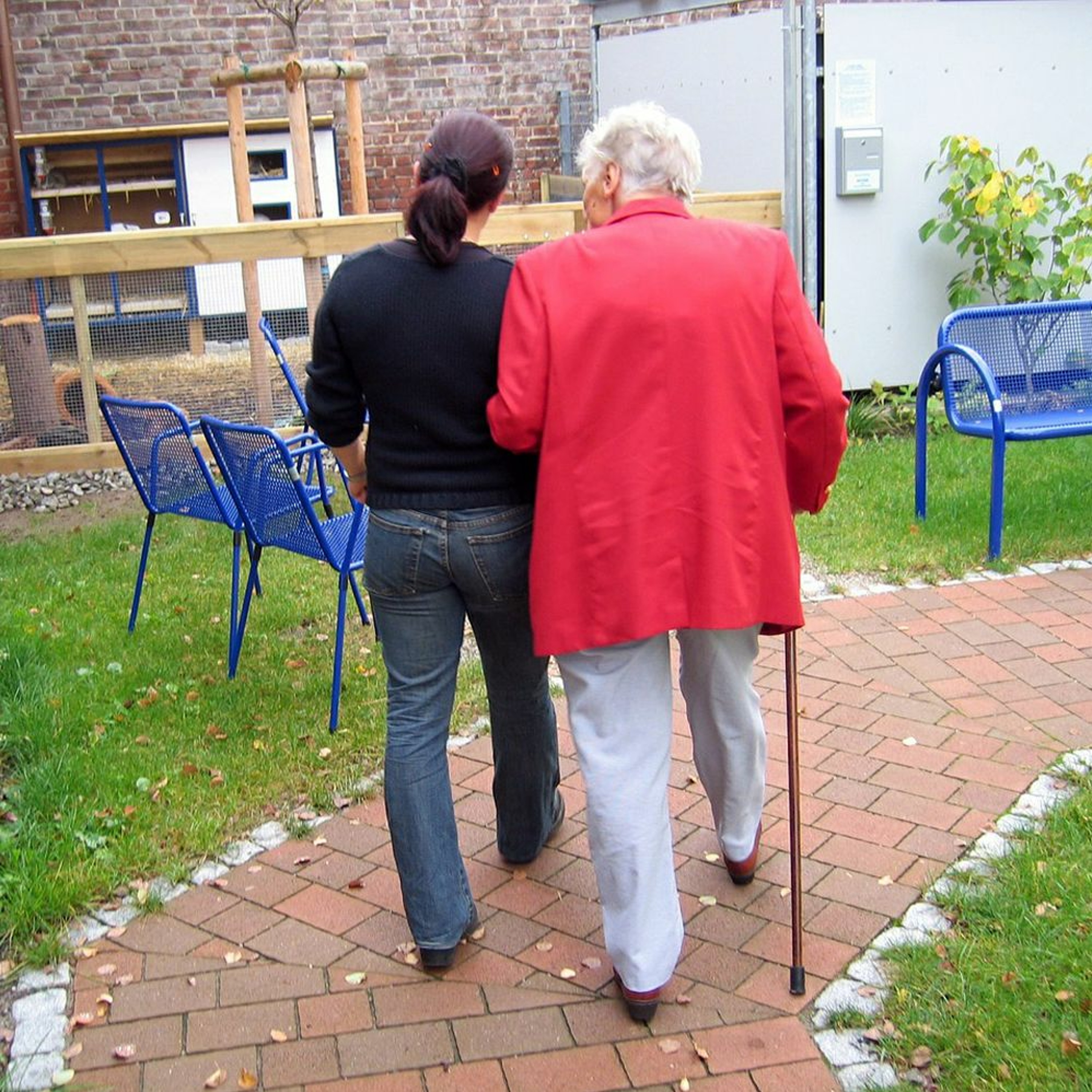- Government
- SEE MORE
- classical
- general
- talk
- News
- Family
- Bürgerfunk
- pop
- Islam
- soul
- jazz
- Comedy
- humor
- wissenschaft
- opera
- baroque
- gesellschaft
- theater
- Local
- alternative
- electro
- rock
- rap
- lifestyle
- Music
- como
- RNE
- ballads
- greek
- Buddhism
- deportes
- christian
- Technology
- piano
- djs
- Dance
- dutch
- flamenco
- social
- hope
- christian rock
- academia
- afrique
- Business
- musique
- ελληνική-μουσική
- religion
- World radio
- Zarzuela
- travel
- World
- NFL
- media
- Art
- public
- Sports
- Gospel
- st.
- baptist
- Leisure
- Kids & Family
- musical
- club
- Culture
- Health & Fitness
- True Crime
- Fiction
- children
- Society & Culture
- TV & Film
- gold
- kunst
- música
- gay
- Natural
- a
- francais
- bach
- economics
- kultur
- evangelical
- tech
- Opinion
- gaming
- College
- technik
- History
- Jesus
- Health
- movies
- radio
- services
- Church
- podcast
- Education
- international
- Transportation
- Other
- kids
- podcasts
- philadelphia
- Noticias
- love
- sport
- Salud
- film
- and
- 4chan
- Disco
- Stories
- fashion
- Arts
- interviews
- hardstyle
- entertainment
- humour
- medieval
- literature
- alma
- Cultura
- video
- TV
- Science
- en
Burgeoning migrant labor is changing economic structures worldwide

b'Recent demographic and societal changes in both developing and developed countries have affected the employment of migrant workers in economies worldwide, and few sectors illustrate the international impact of these changes more than domestic work and home-based care.\\n\\nAn increase in women\\u2019s employment, rapid population aging, increasing life expectancy, and lower fertility rates have strained traditional care arrangements in the developed and developing world. \\n\\nBut tight fiscal policies have weakened already inadequate public services and protection for these migrant workers, who leave their families and homes for decades at a time to work overseas in hope of earning more money to send back home. \\n\\nRead the transcript\\nhttp://bit.ly/2EkbKHA\\n\\nRead the working book\\nhttps://www.adb.org/publications/safeguarding-rights-asian-migrant-workers-home-workplace\\n\\nAbout the authors\\nMaria Gallotti is a migration specialist at the International Labour Organization (ILO), Geneva.\\n\\nBenjamin Harkins is a technical officer at ILO, Bangkok.\\n\\nMarie-Jose Tayah is the regional coordinator for the Middle East and North Africa at the International Domestic Workers Federation.\\n\\nMax Tunon is a migration specialist at ILO, New Delhi.\\n\\nKnow more about ADBI\\u2019s work on labor\\nhttp://bit.ly/2DLwDxy'